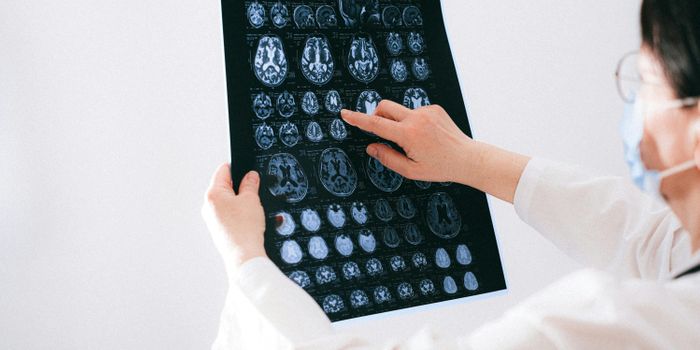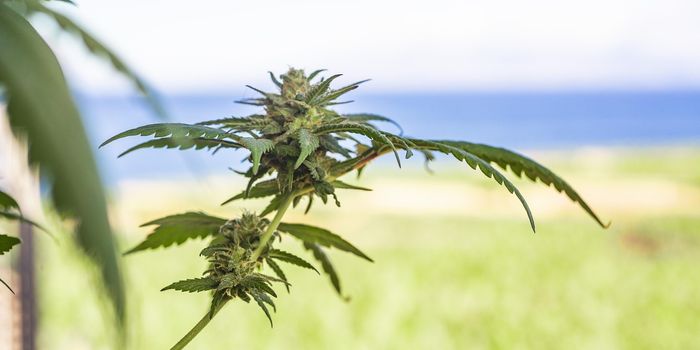Caffeine Vs. Cannabis
Caffeine and cannabis are both psychoactive substances. But what are the effects of each in the brain and body?
Caffeine interacts primarily with adenosine receptors (ARs) in the brain, "It elicits its stimulating effects primary by virtue of its interactions with the AR: A1 and A2A receptors have been implicated to play more important roles. It only binds to the A2B at high doses, and the A3 receptor is insensitive to caffeine. By this mechanism, it primarily alters neural activities to influence mental activities and performance, resulting in increased mental alertness and wakefulness," explains Owolabi et al who published a study on the effects of caffeine and cannabis in the brain tissue of juvenile rats. Side effects of high doses of caffeine consist of diarrhea, dizziness, blurred vision, fast heartbeat, nausea, stomach ache, vomiting, anxious feeling, shakiness, and irritability. Many of these side effects are experienced in caffeine withdrawal. Caffeine in very high doses (between 3,200 milligrams and 10,000 milligrams at one time) can even lead to death.

In the category of impairment, cannabis can be seen as riskier than caffeine. Cannabis can have a large impact on cognitive abilities, memory, and motor skills. Caffeine does not have such a large impact in those areas and has even been found to help improve memory. According to Marilyn Cornelis, assistant professor of preventative medicine at Northwestern University's Feinberg School of Medicine, "Coffee suppresses the endocannabinoid chemicals that smoking marijuana boosts. That would suggest that coffee might generate the opposite effects as cannabis on the endocannabinoid system."

While those who experience caffeine withdrawal can have more serious symptoms than those experiencing cannabis withdrawal, both drugs can put the body into stress from suddenly stopping or quitting. Unlike cannabis, caffeine can cause death in serious cases of high dosage intake at one time. However, cannabis can cause a larger impairment for the consumer than caffeine will cause. Caffeine and cannabis both influenced the activities of the enzymes and neurotransmitters in the brain, "Both stimulants altered brain chemistry relative to the tested enzymes and neurotransmitters."
Sources: CannabisCulture, Live Science, NCBI








